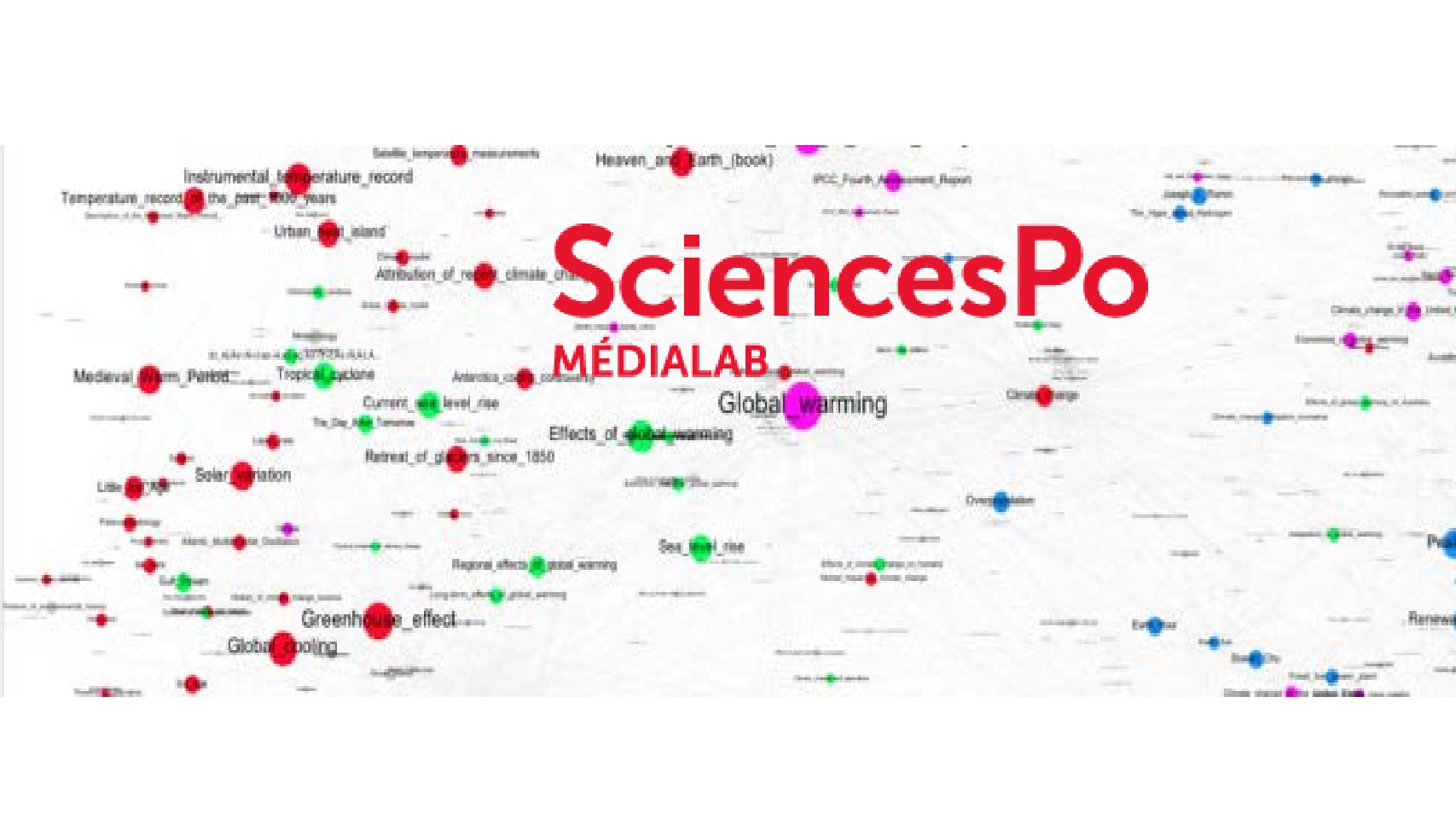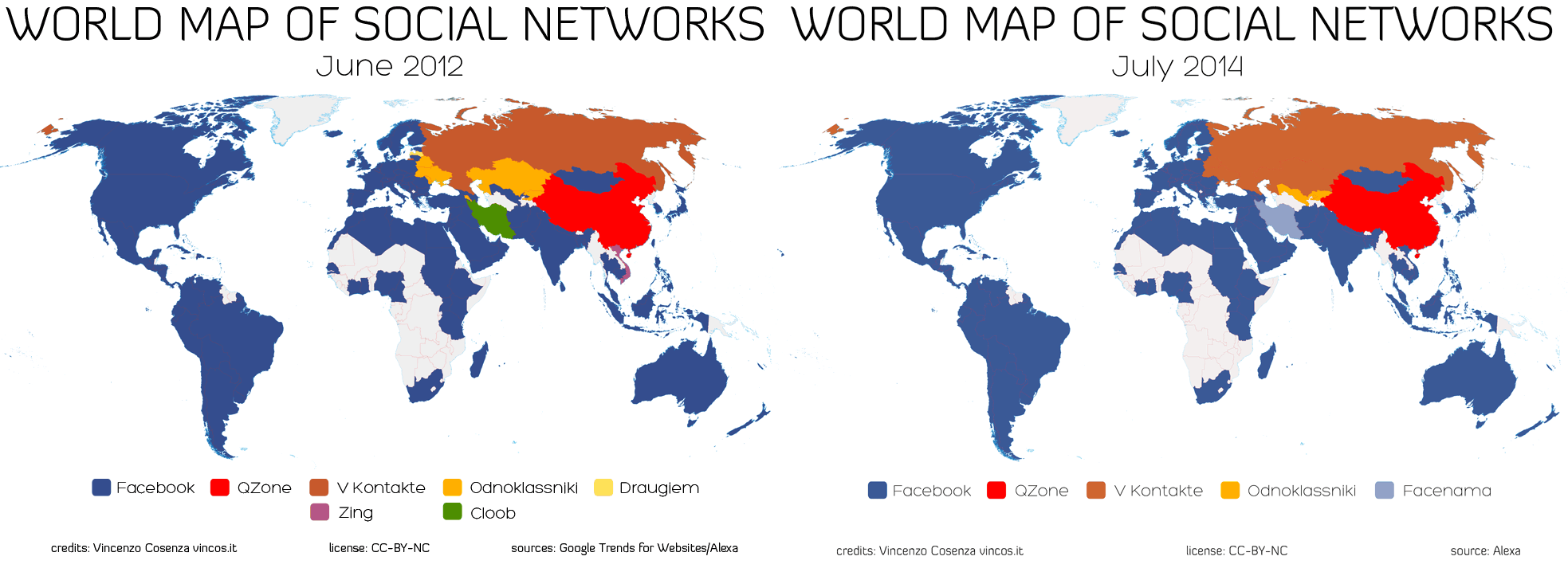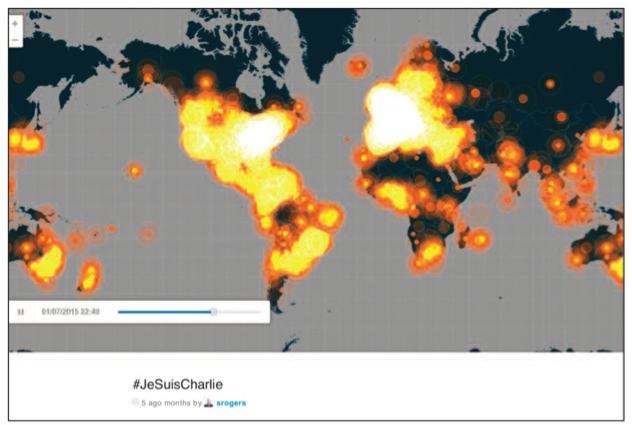English

D. Boullier (2018) Medialab Stories: How to Align Actor Network Theory and Digital Methods
Big Data & Society (2018). In this paper, the story of Sciences Po Médialab told by Venturini et al. (2017) is discussed and completed by demonstrating the incoherence in the choice of digital methods at the Médialab from the actor network theory perspective. As the Médialab mostly used web topologies as structural analysis of social […]
En lire plus
BOULLIER, D. (2017), « Big data challenge for social sciences and market research: from society and opinion to replications »
in Cochoy, F., Hagberg, J., Petersson McIntyre, M. and Sörum, N. (eds.), Digitalizing Consumption, Tracing How Devices Shape Consumer Culture, London and New York, Routledge. A new generation of social sciences is knocking at the door. To put it simply, marketing and computer sciences take ownership and generate monitoring of the tools for social […]
En lire plus
BOULLIER, D. (2015) » Cosmopolitics: “To Become Within”
From Cosmos to Urban Life » in A. Yaneva (ed.) What Is Cosmopolitical Design?, Farhnam: Ashgate. The only way to get into cosmopolitics is to become embedded in some situations either as an ordinary actor, or with the light equipment of ethnography, or else “to become within” (Haraway 2003). This compels one to have some […]
En lire plus
Boullier, Dominique.- « Preserving diversity in social networks architectures”
in Massit-Follea, F. , Méadel, C. and Monnoyer-Smith, L. (ed.), Normative Experience in Internet Politics, Paris: Presses de l’Ecole des Mines, 2012. By analysing what is at stake in the captivity of all users with respect to a single platform of social network (i.e.Facebook), we aim not only to understand what is at stake […]
En lire plus
Boullier, D. (2017), « Big data challenges for social sciences: from society and opinion to replications »
ISA esymposium, vol.7; issue n°2 Big Data dealing with the social produce predictive correlations for the benefit of brands and web platforms. Beyond ‘society’ and ‘opinion’ for which the text lays out a genealogy, appear the ‘traces’ that must be theorised as ‘replications’ by the social sciences in order to reap the benefits of […]
En lire plus
D . Boullier, N. Sivakumar, M. Crepel, S. Juguet, (2016) « Trust architectures inpayment systems : the great bifurcation »
First Monday, (submitted) Payments architectures are on the verge of a great bifurcation that must be documented in order to be debated. Google is moving towards a quasi bank while Apple and Google disseminate payment systems over smartphones. At the same time, block chain might become a distributed ledger introducing a radical new model […]
En lire plus
Boullier, D. (2016), « Cosmopolitical Composition of Distributed Architectures »
First Monday, Volume 21, Number 12 – 5 December 2016 This paper tells the story of several distributed architectures “from within” and from personal experience. Using a “cosmopolitical compass”, we shall describe four types of architectures — including P2P — that are currently being debated, and find four other types in P2P as such, […]
En lire plus
BOULLIER, Dominique and Maxime CREPEL, Vélib and data: a new way of inhabiting the city
URBE, v. 6 n. 1 Jan./Abr. 2014, pp. 47-56. The Vélib bike rental system is worth analyzing in order to understand how cities move out of a model of large infrastructures towards a personal service principle connected to digital traceability and mapping of all activities. The new offer of bikes distributed all over the […]
En lire plus
BOULLIER, Dominique, Habitele: mobile technologies reshaping urban life
URBE, v. 6 n. 1 Jan./Abr. 2014, pp.13-16. “Habitele” is a neologism that seeks to account for the anthropological mutation we are experiencing, when two thirds of human beings have become equipped with a mobile phone (6.8 billion subscriptions, i.e. approximately 4.5 billion individual users — figures of 2013). The “connected being” status changes […]
En lire plus